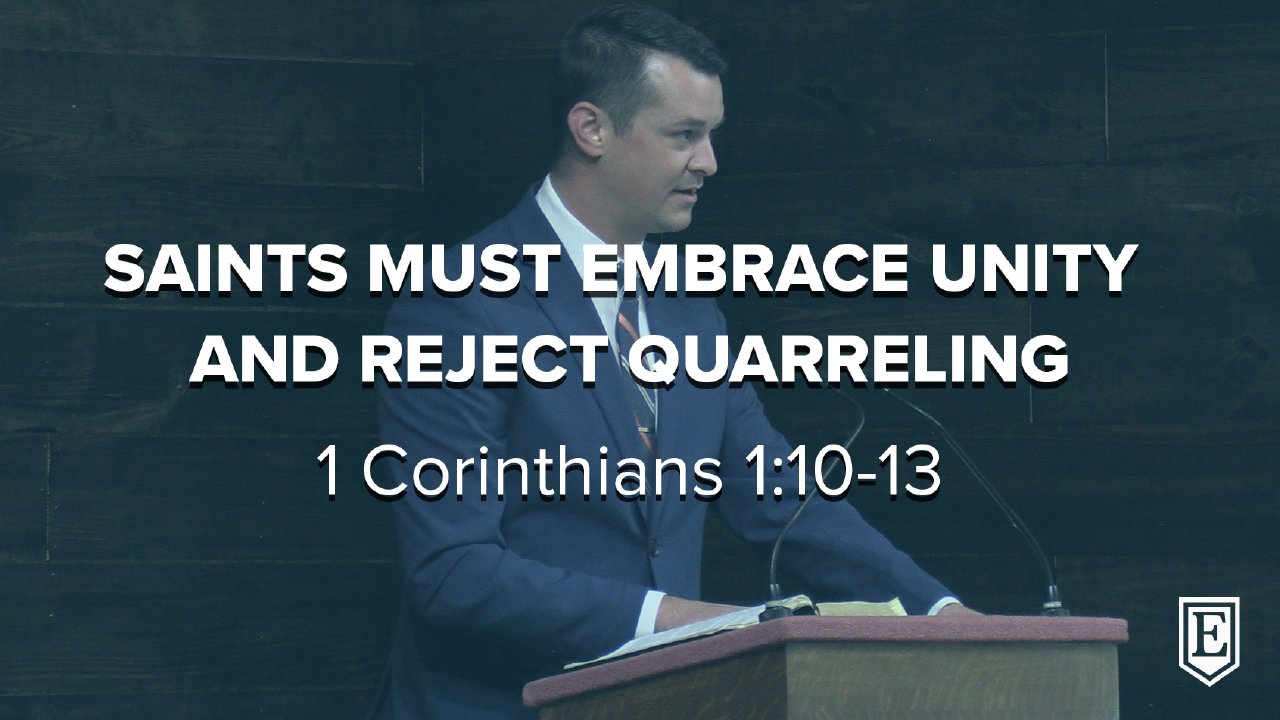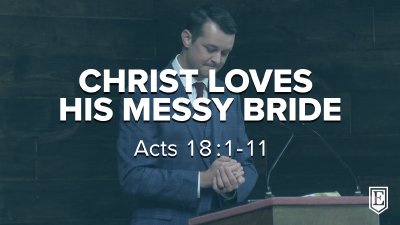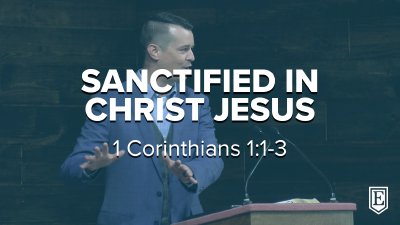OUTLINE
I. Saints in the same assembly must be be diligent to make sure there are no divisions among them (v. 10a)
II. Saints in the same assembly must be united in confession (v. 10a)
III. Saints in the same assembly must be united in doctrine (v. 10b)
IV. Saints in the same assembly must be united in affection (v. 10c)
V. When saints in the same assembly are not united, they tend to quarrel; and quarreling is a great evil in the eyes of God (v. 11)
VI. Divisions and quarrels inevitably come when saints base their identity on things other than Christ (v. 12)
VII. Unity as a local church is important because we represent Christ, and He is not divided (v. 13)
QUESTIONS FOR STUDY AND DISCUSSION
1. Read verse 10. Here Paul begins to address one of the primary concerns he had for writing this letter: pride and its dangerous effects which lead to disunity in the body of Christ. By what authority does Paul appeal to these Christians? What is Paul pleading with them to do and be? What kind of unity is he calling for, and how do the words “mind” and “judgement” help clarify?
2. According to verse 11, why was Paul compelled to appeal to the Corinthians to “agree,” and get rid of “divisions” so that they may be “united”? How do 1 Corinthians 3:3 and Galatians 5:20 shine light on why these quarrels needed to be repented of?
3. According to verse 12, what was the nature of the “divisions among” the Corinthians? How does John the Baptist’s principle in John 3:30 help us see the error the Corinthians had fallen into?
4. Read verse 13. What is Paul getting at when he asks these three rhetorical questions?

SAINTS MUST EMBRACE UNITY AND REJECT QUARRELING: 1 Corinthians 1:10-13
1 Corinthians 1:10-13
August 1, 2021 • Brett Baggett • 1 Corinthians 1:10–13
More from
1 Corinthians







